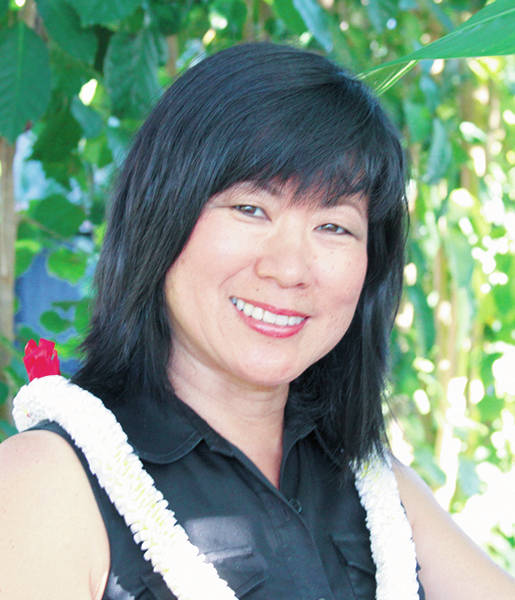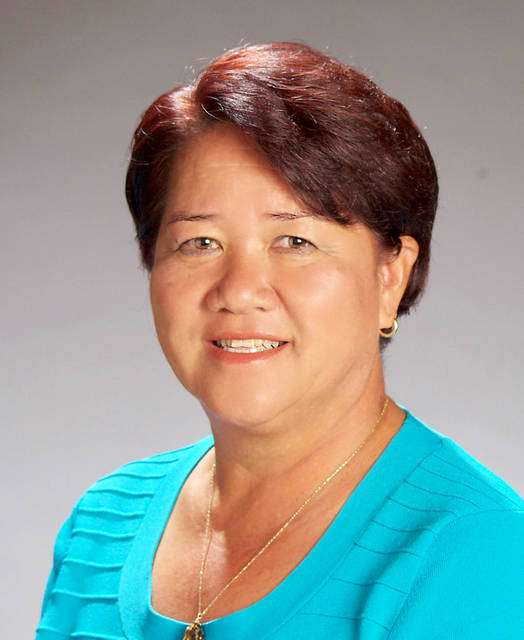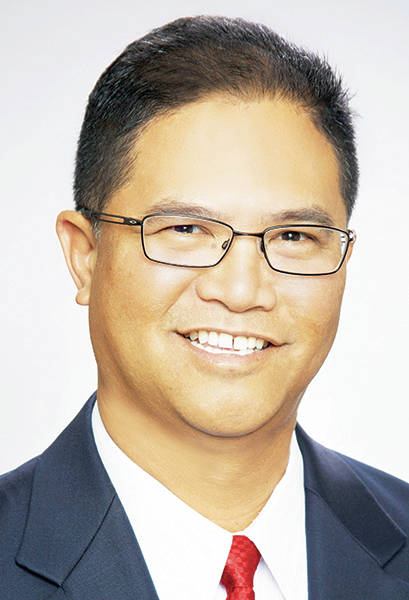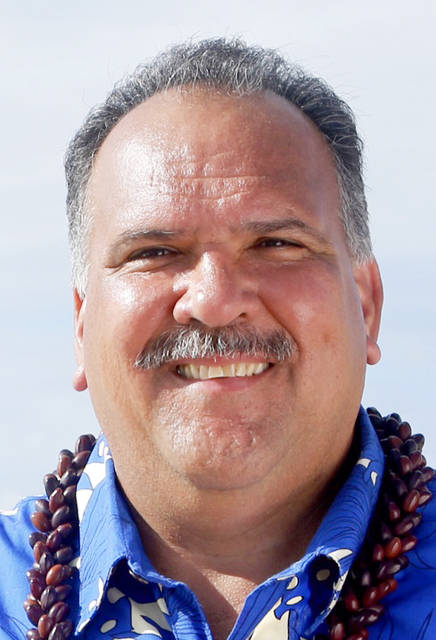LIHUE — A state House bill that would change the way counties receive revenue from the Transient Accommodations Tax was proposed by the Hawaii Council of Mayors, but it may not survive the session.
The proposed change means counties would receive a percentage of revenues collected from the tax rather than a specific amount. Currently, the County of Kauai receives 14.5 percent of the $103 million TAT.
Because the county’s expenses vary from year to year, Rep. James Tokioka said placing limitations on how the revenues from the TAT can be spent would restrict the counties from funding other necessary expenses being paid for from the TAT.
“As the bill is currently written, it would take the freedom of long-term planning away from Kauai. Additionally, the costs related to tourism go beyond the expenses laid out in this bill,” Tokioka said.
If the TAT is reduced, Tokioka said counties will be forced to either raise real property tax or cut critical services — neither of which he supports.
“In my opinion, this bill was an attempt to limit the counties’ share of the TAT. We all recognize that the state and counties have budget and financial hardships, but the current version of this bill puts more money in the state coffers,” he said.
Sen. Ron Kouchi said he was not supporting the bill.
A resolution opposing the bill penned by Kauai County Council Chair Mel Rapozo will be heard at this week’s Kauai County Council
meeting.
There are several bills at the Legislature this session regarding TAT that affect the counties, but in a statement to TGI, Reps. Dee Morikawa and Nadine Nakamura said they’re not specifically focusing on HB 1665 because the session is only halfway through and the bill may not survive.
“Be assured that we are focusing our efforts to secure additional TAT funds for our counties,” the statement said.
Kauai Mayor Bernard Carvalho Jr. said his administration cannot support the bill as it is currently written, because increased visitor arrivals result in an increased use of the county’s core services such as roads, parks, beaches and emergency services.
“It is for that reason that I support increased TAT funding to the counties, and we are committed to continuing to work together with our legislators to seek ways to enhance and maintain these services for our community,” he said.
Historically, Tokioka said counties received this type of funding from grants-in-aid, but the switch to using TAT funds was intended to depoliticize the appropriations.
“It is important that as Neighbor Island legislators, we are mindful and attentive to these types of bills in order to protect the counties,” he said.
Because the state relies on counties to protect visitors in harm’s way and provide basic infrastructure, Morikawa and Nakamura said they will continue to advocate for more county funding.





